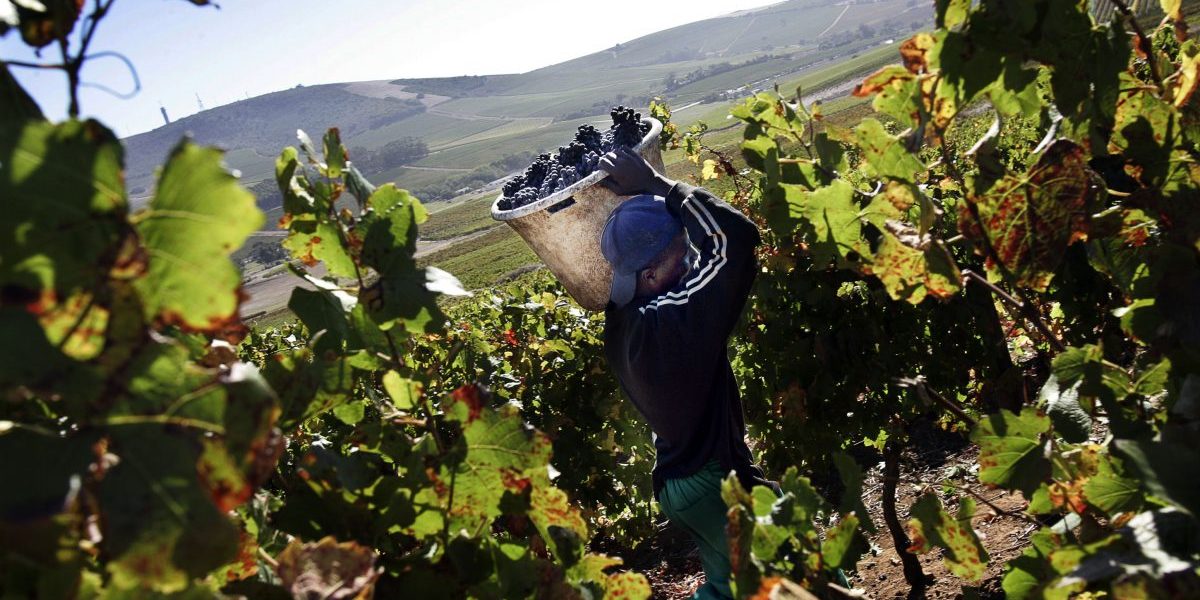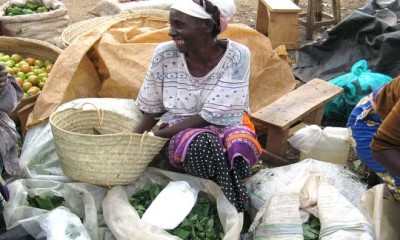The articles are titled: ‘Economic Growth Corridors Through a Value-Chain Lens: The Case of the Southern Agricultural Growth Corridor in Tanzania’ and ‘The Prospects for Regional Value Chains in the Automotive Sector in Southern Africa’. The articles were published in a special Springer Journal book publication in May 2019 titled ‘Value Chains in Sub-Saharan Africa: Challenges of Integration into the Global Economy.’
This book is a compilation of a selection of papers presented at the conference on ‘Value Chains in the Global South: Challenges of Integration in the Global Economy,’ held in Stellenbosch in October 1017.
In recent years, the development of regional and global value chains have gathered strong momentum, and there is impetus and need for African countries to focus on regional value chain creation, and to further integrate via value-added products into global value chains.
The book provides an assessment of critical successes and challenges to value chain development and integration across sub-Saharan Africa, focusing on a diverse range of issues including e-waste, hydrocarbons, automotives sector, information technology, wine production, and agro-processing. In doing so, the book focuses on five key areas that are currently insufficient in existing literature:
- Policies are essential for promoting value chains and increasing their impact on development.
- The diversity of value chains across sub-Saharan Africa has profound political implications and impacts on socio-economic development.
- The value-addition of regional value chains should not be underestimated: regional value chains have the potential to be a viable alternative to global value chains for many African countries – or at least able to complement global value chains.
- Within the African context, political and socio-economic conditions and factors are essential for a comprehensive assessment of value chains.
- In assessing value chain development, cities and regions are crucial objects of the study and inform assessments of value chains.








